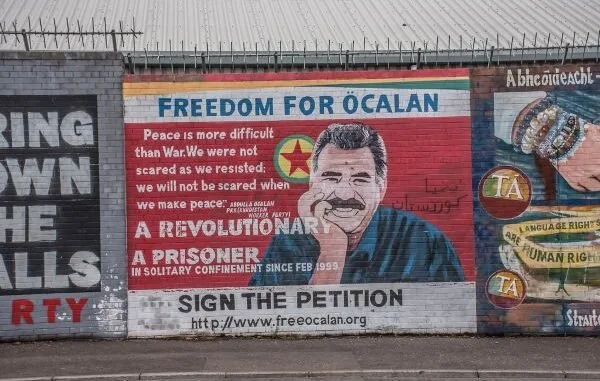
Another Kurdish Setback in Syria
The Kurdish-led Syrian Democratic Forces (SDF) appears to be at the brink of irrelevance after suffering a series of military and political defeats in northern Syria over the past two weeks. Frustrated with the failure of Kurdish leadership to implement a deal that would have seen the integration of the SDF into Syria’s military, the government launched a campaign to oust the SDF from Aleppo. Syrian government forces pressed their advantage over the past weeks as negotiations failed to reach their desired goal. The government offensive, assisted by Arab tribal defections from the SDF, gained the provincial capitals of Deir ez-Zor and Raqqa advancing to the outskirts of Hasakeh. On Wednesday, SDF leadership agreed to a deal that would effectively dissolve the once dominant force in eastern Syria. These events mark the latest of the many set-backs of the Kurdish people’s quest for autonomy.
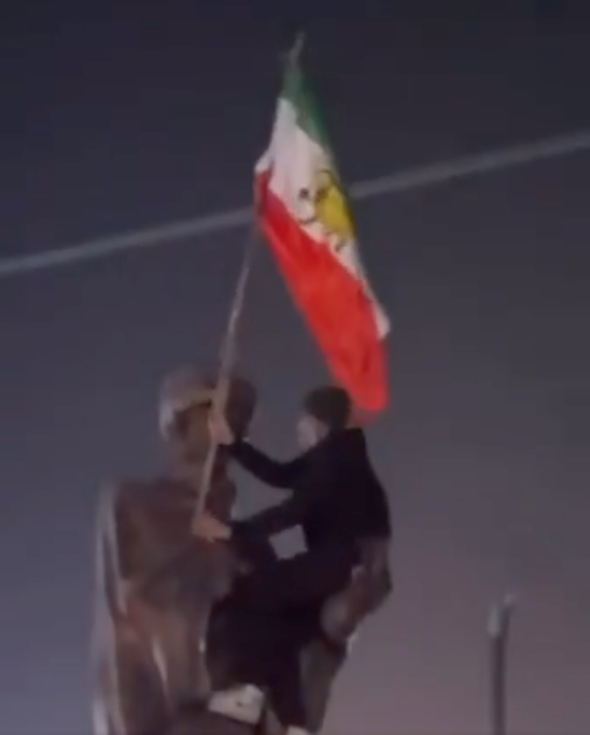
How to Follow Protests in Iran
Roughly two weeks ago a sudden collapse in the value of the Iranian rial sparked protests in Iran. The protests quickly took on an anti-government tone with chants of “death to the dictator,” “we fight, we die, we take back Iran” and “neither headscarf no baton; freedom and equality,” among others. The protests have quickly engulfed Iran’s major cities and rival past outbursts of protests including those in 2009, 2018, and 2022. Over the past year the Iranian regime has weathered a devastating war with Israel (and to a very limited extent the US), a worsening water crisis, and a struggling economy. It is difficult to gauge the exact popularity of the regime in Tehran with much accuracy, but it is clear that support is quite limited, especially in certain neighborhoods across the capital. Given the blows to the Islamic Republic over the past years, many analysts are trying to discern how much more it can take before it collapses or splinters.

Five Best Books of 2025
Every year I like to reflect on what I’ve read and what books that I most enjoyed. This year my reading selections focused on two primary topics: Israel/Palestine (in preparation for teaching a course on the topic) and on Modern Morocco (in preparation for my semester leave this past Fall). Of the 27 books I read in 2025, these are the best:
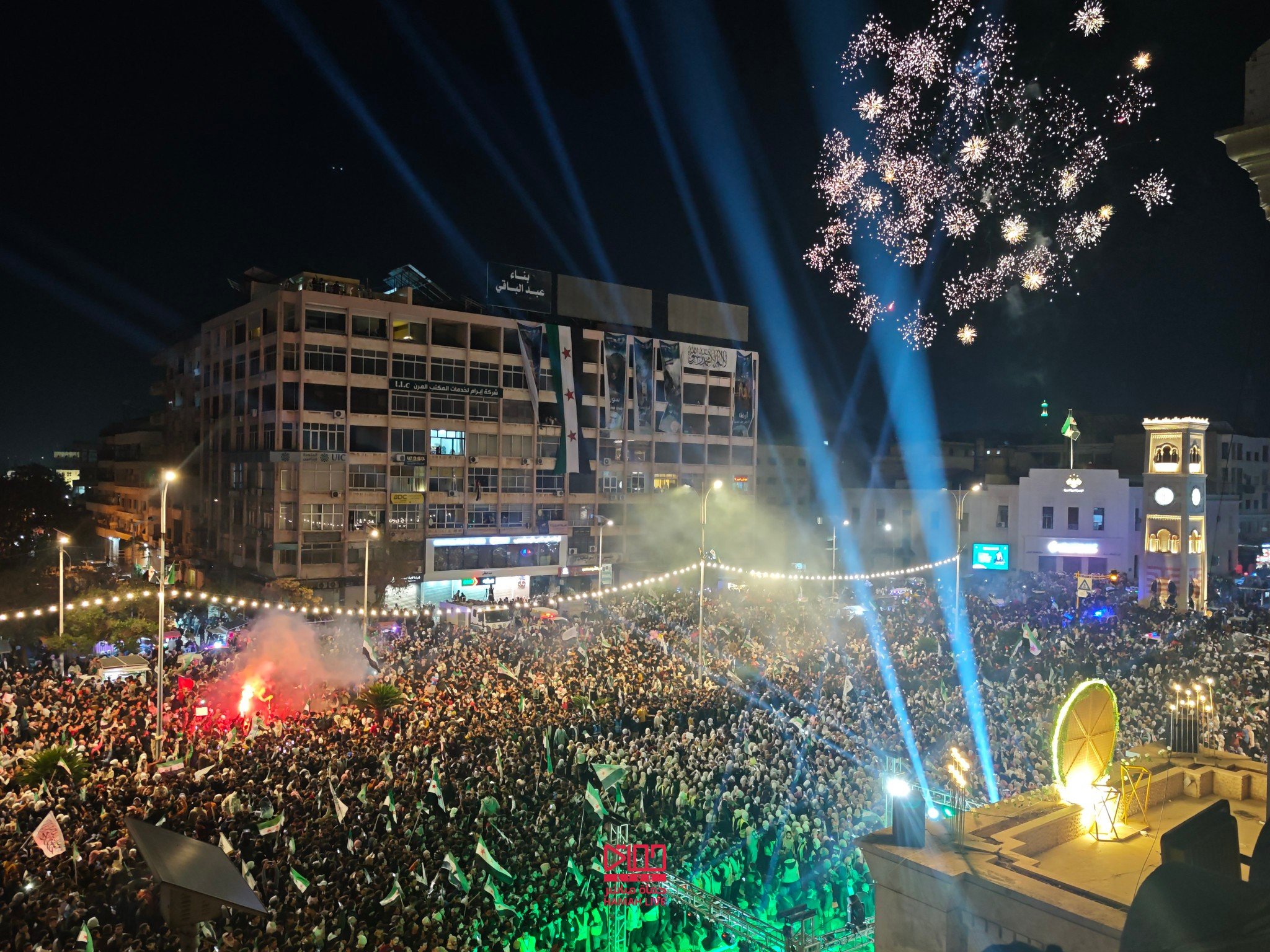
Jubilation, Trepidation, and Syria’s Future
Scenes of celebrations flooded my X (Twitter) feed this past week as Syrians took to the streets commemorating the collapse of the Assad regime’s nearly five and a half decades of oppression. A year ago Syrian revolutionaries or rebels depending on your perspective advanced from Idlib to Aleppo - Homs - to the capital of Damascus as the hollowed out regime forces withered away with little resistance. For many Syrian civilians and activists the events felt like a dream that would never come. A year ago jubilant crowds of Syrians gathered in cities across the country, just as they have been the past couple of days, expressing hope in the future after decades of brutal authoritarian-rule.
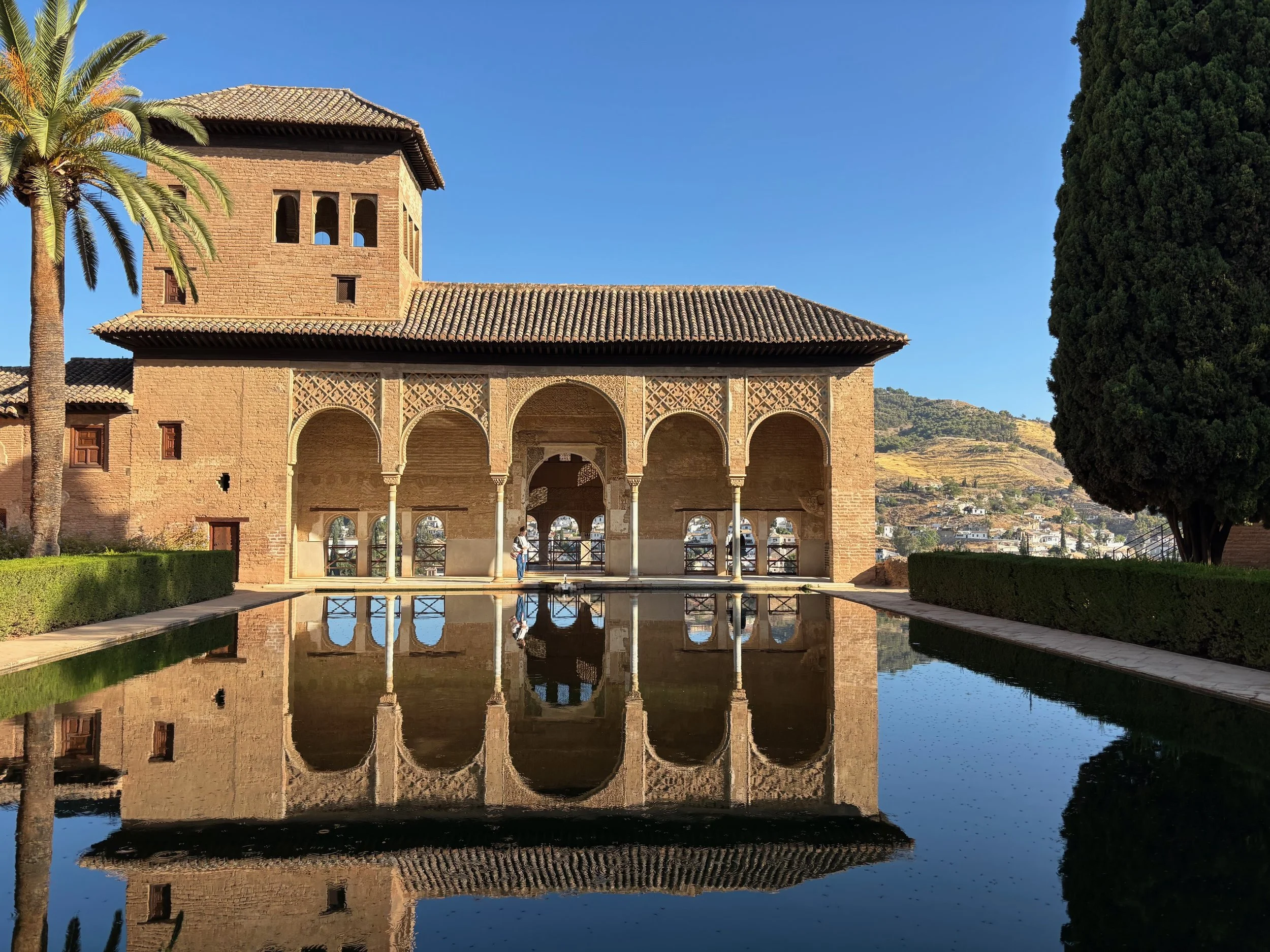
Convivencia, Reconquista, and Romanticism
For some of my students in my early Islamic history course it is a bit strange when I bring up Spain. To be fair, Spain as we know it today did not exist in the first several centuries after the emergence of Islam and most people generally associate Islamic history with the Middle East, North Africa, and to Central Asia not southern Europe. However Islamic-rule in various forms shaped southern Spain or Andalusia for nearly 750 years. Prior to the Reconquista and Inquisition, Andalusia was home to large numbers of Muslims (Moors), Jews, and Christians, but following Queen Isabella’s conquest of Granada in January 1492, Muslims and Jews were given an ultimatum to convert or leave in the following decades contributing the Christianization of the Iberian Peninsula.
In the 20th century, Spanish historian Américo Castro used the term Convivencia, often translated as “living together” or “coexistence”, to refer to Islamic-rule in Andalusia. The historical narrative of the Convivencia argues that the Moorish rulers of Iberia promoted a form of religious pluralism in which Jews, Muslims, and Christians that was ahead of its times given that tolerance was not exactly common in the Medieval world. While Andalusia’s religious minorities generally fared much better under Islamic-rule than under their Christian counterparts; romanticizing the Convivencia ignores the complexity of Andalusia’s rich history.

On Zionism and Anti-Zionism
When people proclaim themselves Zionists or anti-Zionists each comes baked in with loaded assumptions that can distort as much as they can reveal about what someone honestly believes about the Israeli-Palestinian conflict.
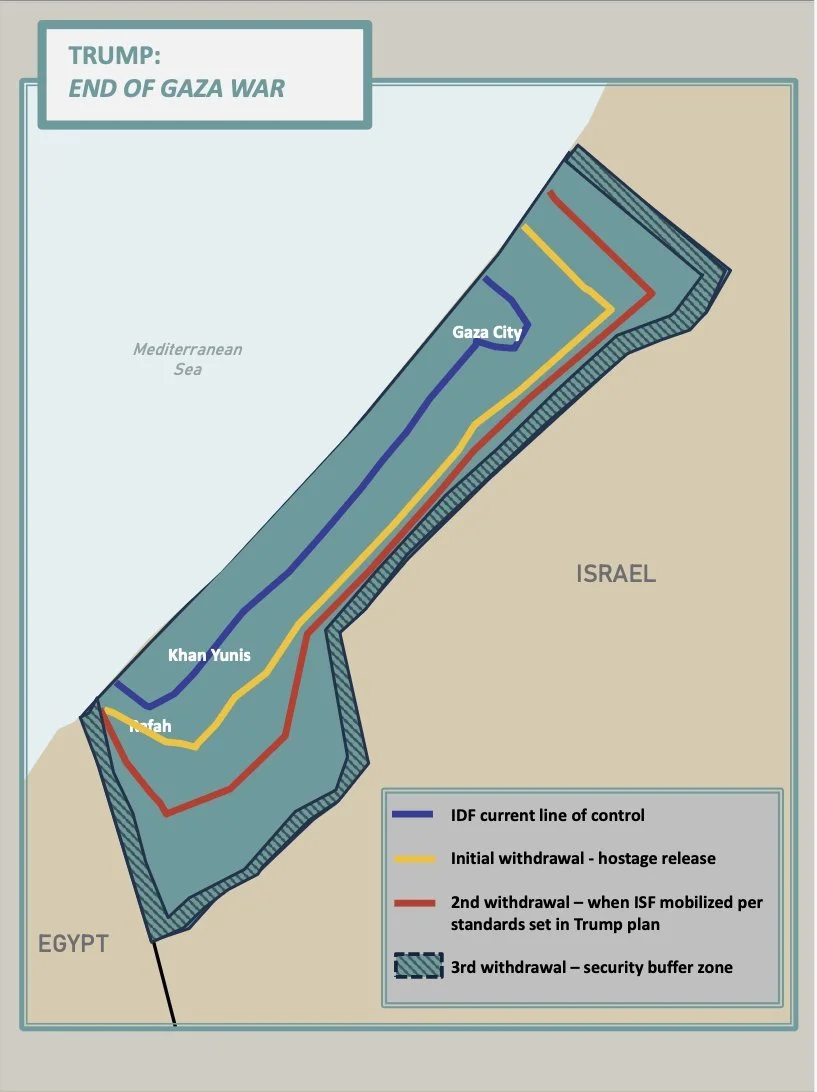
Fractured Societies and Illusions of Peace
Last week, President Donald Trump stood in front of an audience of heads of state and pronounced that a historic peace had been reached in the Middle East. At least one analyst compared Trump’s assertion to Neville Chamberlain’s proclamation of “Peace in our time.” If Trump is going to deliver on his promises of peace, he’s going to have to find a way to address the fault lines in both Israeli and Palestinian societies that have sabotaged peace efforts so often in the past. For the Israeli-Palestinian conflict is as much about the tensions within Israeli and Palestinian societies as it is about the competing claims to the land of historic Palestine. Both Israeli and Palestinians societies are deeply fractured that in some respects are held together through the pressures of the conflict.

The King’s City and the many Moroccos
Shortly after returning home from Morocco last week, I chatted with a fellow professor who had visited me in North Africa. During our conversation he gushed about the city of Rabat and expressed shock that so many tourists ignore the Moroccan capital in favor of the touristy Marrakesh, historic Fez, or Bohemian Chefchaouen. After spending five weeks living in Rabat’s historic medina, I agreed with much of what he said. The city’s streets are clean and often lined with neatly pruned trees. Throughout the city one can find museums, malls, parks, and gardens not to mention beaches, fortresses, and Roman ruins. In some respects Rabat has a little something for everyone. Murals graced buildings throughout Rabat reflecting an artistic flare found in parts of the city. After a couple days in Rabat, I began telling friends and family that Rabat was the cleanest Arab city I had ever visited with the possible exception of Dubai (in many respects, Rabat felt much more authentically Arab than Dubai).

Sufis, Saints, and Birthdays
A week ago much of the Muslim world celebrated Mawlid al-Nabi or the birthday of the Prophet Muhammad. The Prophet’s birthday is a national holiday in most Islamic country where it is often celebrated in a carnival-like manner with parades and festivals. However, there are a couple of notable exceptions. Both Saudi Arabia and Qatar do not officially celebrate Mawlid due to their strict Wahhabi interpretation of Islam. In the 19th century Islamic fundamentalist movements, like Salafism and Wahhabism, began to push back against celebrations of Mawlid which they saw as modern innovations without precedent in early Islam. Along this vein, the patriarch of my host family here in Morocco was sure to remind me that Mawlid was not an Eid or feast because it is not in the Quran or the Hadith. Salafi and Wahhabi adherents are quite critical of Sufism and Sufis who are among those who often celebrate Mawlid fervently.

The Omnipresence of Palestine
With the change of plans, I figured that the visibility of Palestinian issue would be marginal. When I visited Morocco three months after 7 OCT 2023, I barely noticed that Moroccans were even aware of the massacres taking place in Gaza. Outside the sighting of an occasional keffiyeh (the traditional head covering worn by Palestinian men), there was almost no trace of local awareness of the Palestinian issue. This isn’t to say that I believe that Moroccans weren’t aware of what was going on in Gaza and concerned with the growing death toll, it just didn’t register in the same way that I had seen in countries like Egypt and Jordan. I personally chalked this up to Morocco’s more moderate stance on the Israeli-Palestinian issue than many other Arab states.
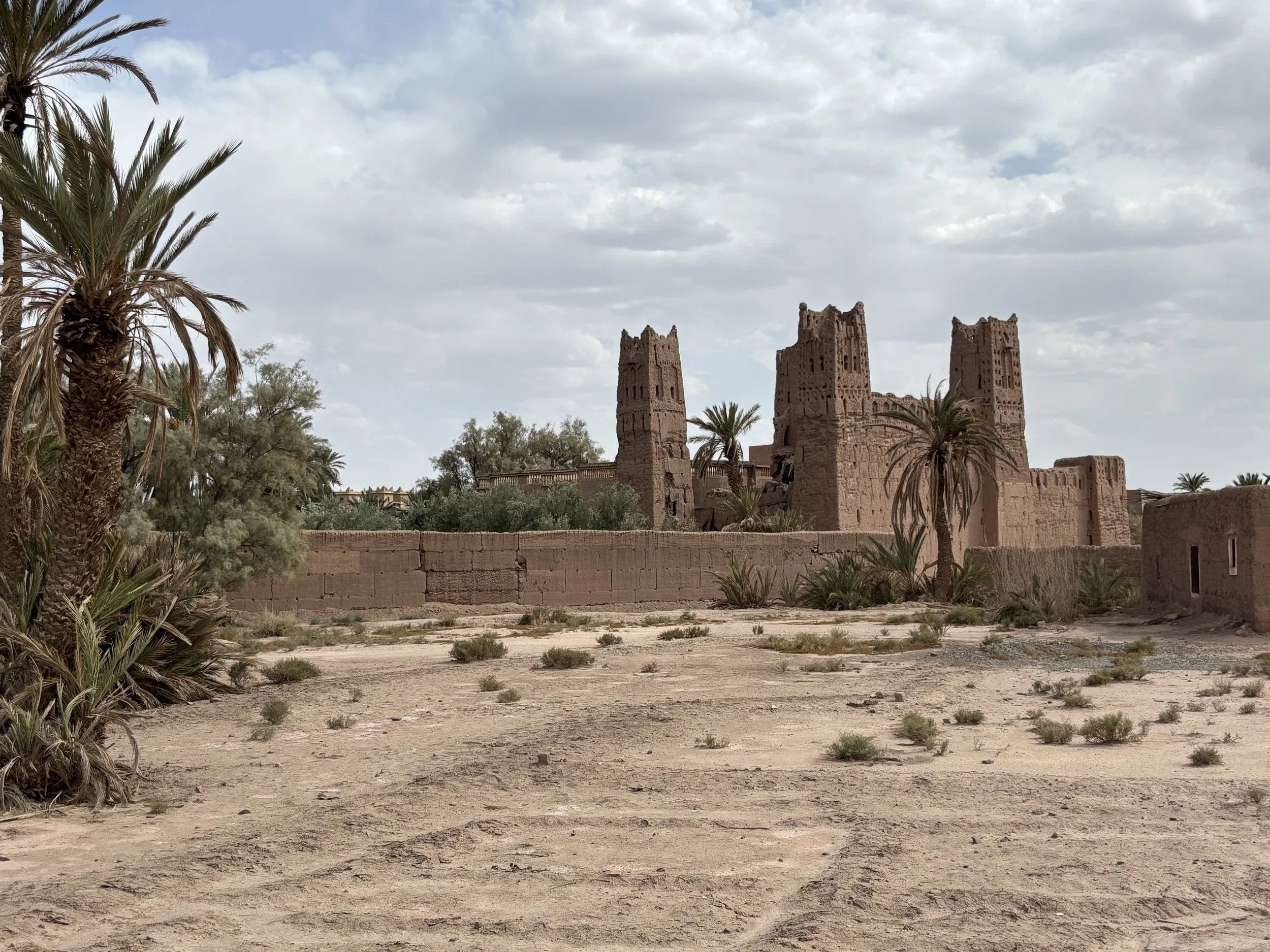
Speed Traps and Barbary Macaques
In my two trips to Morocco I’ve probably logged about 30 hours of driving; mostly between cities with a lot of kilometer to show for it. My reward for being an adventurous driver: four speeding tickets. I’ll admit to having a bit of a lead foot, but given I’ve only had one speeding ticket in the states in the past four years and only been pulled over twice, my experience in Morocco feels like it should be an aberration, but it likely isn’t because there are speed traps just about everywhere. I recently completed my first major road trip (see map below) across the Morocco and I probably saw one police checkpoint for just about every 1.5 hours of driving. At just about every checkpoint you see several dozen people pulled over being written up for speeding.
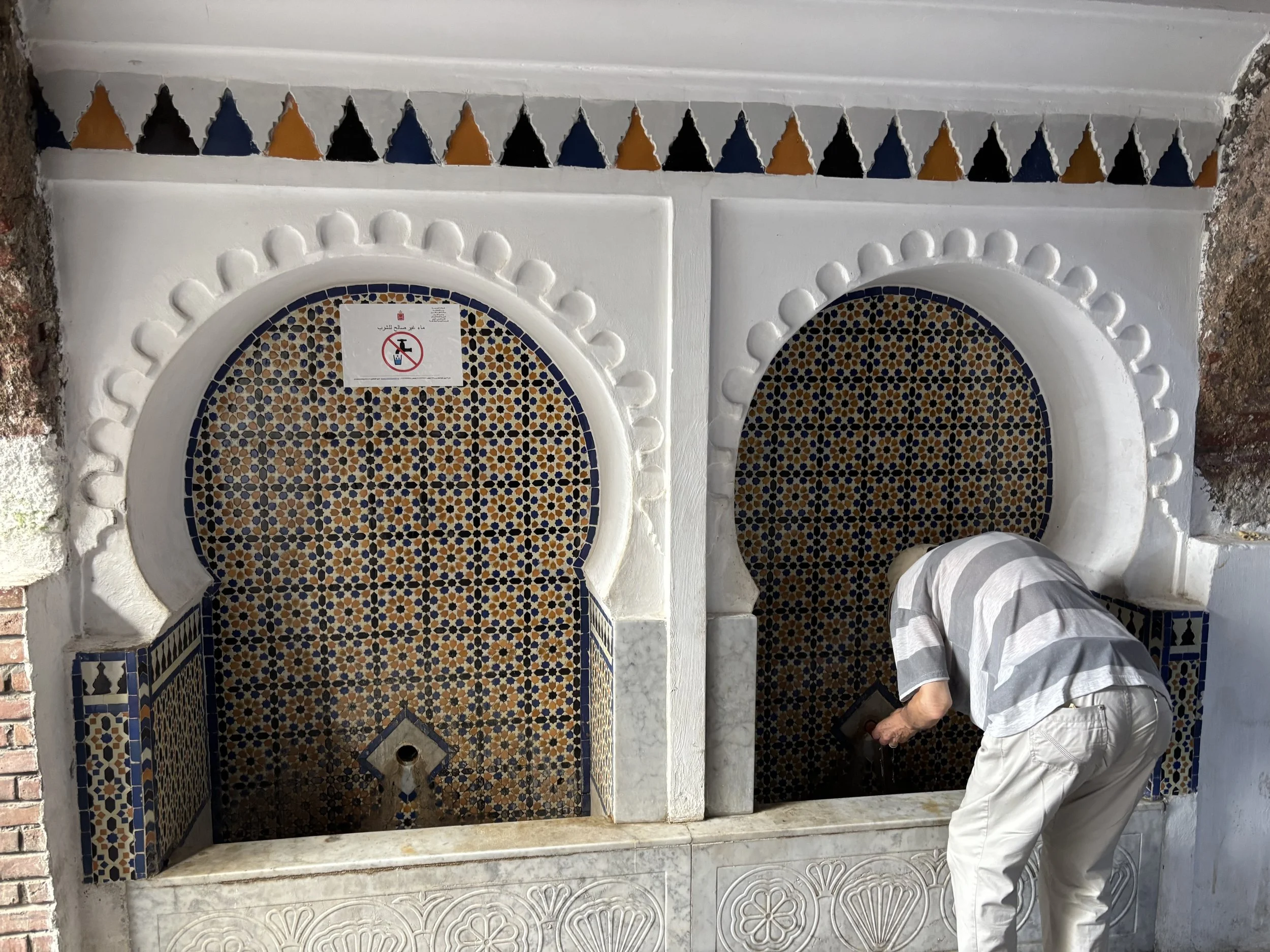
Trinkets, Trash, and Treasure . . .
Here in Morocco the old axiom, “one man’s trash is another man’s treasure” rings true. This is an odd way to open an essay on tourism and gentrification (I’m not sure what else I would call it), but I swear there is a logic to the discussion. Historically, throughout much of the Arabic-speaking world, cities were protected by large walls meant to deter invading armies and nomadic raiders. With the development of modern weapons and armies, the purpose of the ramparts protecting these cities became obsolete and with time more and more families moved outside the old walled-medinas. Over time wealthier families opted for the comforts of modernity outside these medinas leaving the have-nots behind. This was especially apparent as I visited the Moroccan city of Tetouan near the Mediterranean coast.

Maghrebi Adventures
Eighteen months ago I began planning for my first sabbatical as a professor. My original plans were to spend several months in Jordan refreshing my Arabic and immersing myself in Arabic. About a year ago, as tensions between Israel and Iran began ratcheting up, the prospects for studying in Jordan looked shaky and I pivoted to studying in Morocco. Throughout my education and professional career, the focus of my studies has been focused around the Mashriq, or the eastern portion of the Arabic-speaking world (Egypt, Syria, Lebanon, Syria, Iraq, and the Gulf countries), and the study of the Maghreb (Tunisia, Morocco, Algeria) has been neglected. While I visited Tunisia in 2022 and Morocco in 2024, my knowledge of the country is still pretty limited and I’m really excited for the upcoming seven and a half weeks I’ll be spending in the region studying Arabic and Medieval Islamic history in Morocco and Spain.
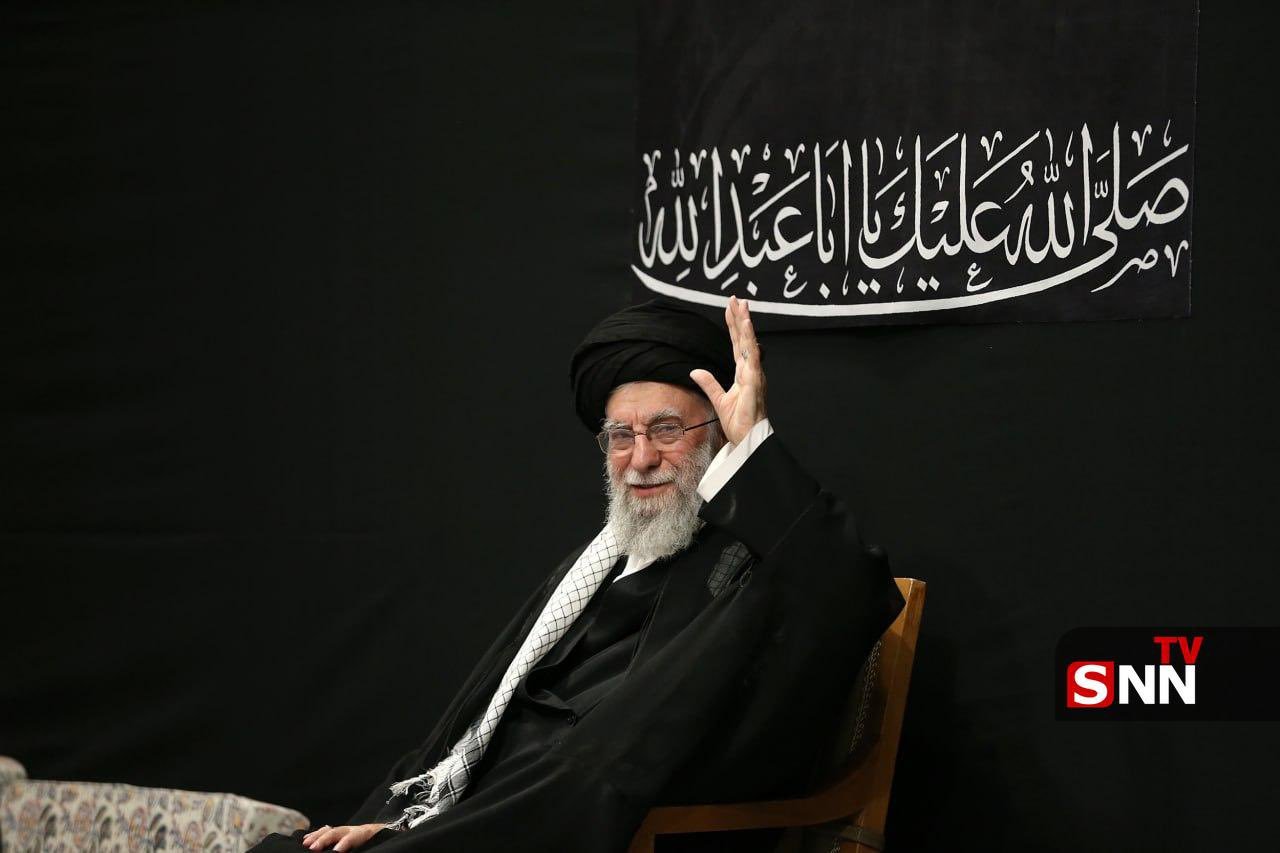
We Don’t Know What We Don’t Know
Two weeks ago the US bombed three nuclear facilities in Iran riding the coattails of Israel’s air campaign that decapitated much of the Islamic Republic’s senior military leadership and decimated its air defenses. Over the past two weeks, much of the US foreign policy establishment debated the efficacy of the strikes and what they mean for the future of regional security. President Trump triumphantly claimed that the US had obliterated Iran’s nuclear program. A preliminary report from the Defense Intelligence Agency leaked to the press assessed that the bombings had only set back Iran’s program a few months. Later in the week, the CIA released a more detailed report that said Iran’s program had been pushed back years. A chorus of analysts, pundits, and public activists have all weighed in on the matter with varying assessments shaded by personal bias. What is missing from many of these assessments is the humility and willingness to admit what we don’t know.
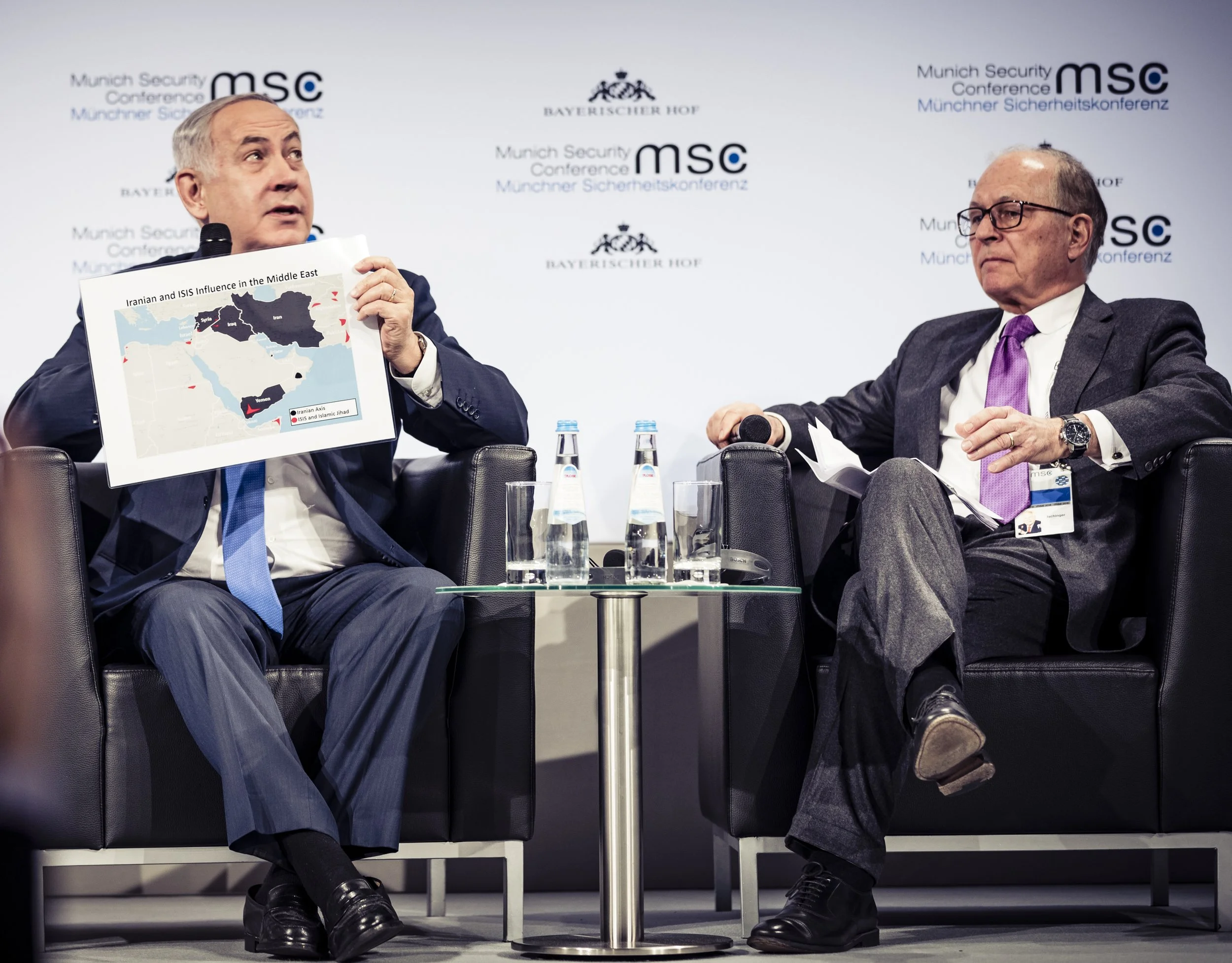
Regime Change in Iran is Israel’s Objective
Two decades ago Netanyahu testified before congress urging the US to remove Saddam Hussein’s regime in Iraq. During his testimony he also expressed his desire for regime-change in neighboring Iran as well. During remarks Friday, Netanyahu called for an uprising in Iran saying, "The time has come for the Iranian people to unite around its flag and its historic legacy, by standing up for your freedom from the evil and oppressive regime." Netanyahu is currently hedging his bets that Israel can facilitate the regime’s collapse through armed strikes decapitating Iranian leadership and degrading its military to a point where the Iranian people can oust the current regime. Its an incredibly risky gamble with tremendous pit-falls but a possibly major pay off if it succeeds.

Gaza is Breaking our Minds
I left the government in 2020 for the cushy life of an academic and I had thought I had left the unpleasant images of my previous career behind. That is until 7 OCT 2023. The atrocities committed by Hamas in the name of resistance unleashed a hell on Gaza and its people that are reminiscent of the worst of the Syrian Civil War (as evidenced in the juxtaposed images of Gaza and Syria below). Each day new images of bombed out cities, lifeless bodies, and child amputees, and now starving civilians flood my social media feeds (probably as the result of carefully curated algorithms). These images are often followed by Israeli officials and pundits justifying their actions claiming there are no innocents in Gaza, or referring to Palestinians as animals, and even justifying the legitimacy of rape in war. To put it bluntly, Israel has come to resemble in many respect the Assad regime in Syria.

Syria, the Druze, and Israel
Israel’s continued involvement in Syria in my opinion is more likely to bring more danger to the Druze than it is to bring stability to the region. Continued Israeli strikes against the government will harden anti-Druze sentiment in both Syria and the greater region. It also risks further dividing the Syrian community and possibly sparking intra-communal violence. Ultimately, I’m of the opinion that a stable Syria is in Israel’s long-term interests, unfortunately Israel doesn’t see it that way.
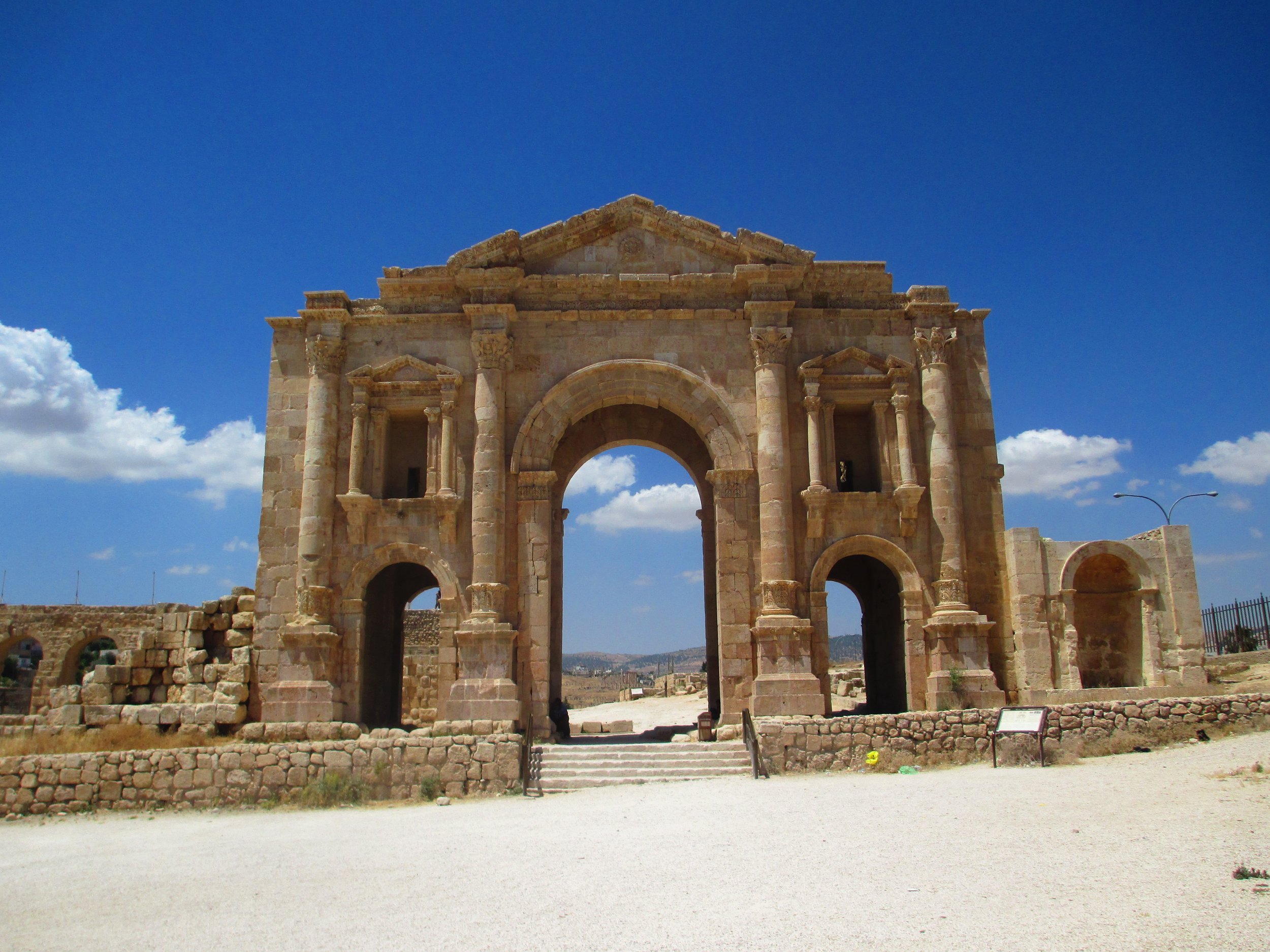
Syria and the Long Shadow of Sectarian Violence
The Levant, also sometimes referred to as Greater Syria, could be called a rich tapestry of ethnic and religious diversity. Various Christian sects, Sunni and Shi’a Muslims, Druze, and Alawites all call the region home as do Arabs, Kurds, Armenians, and Circassians. Until the last century, even a significant number of Jews called its urban centers home. Instead the region is more often portrayed as a simmering cauldron of ethnic and religious tensions, blood feuds, and sectarian hatreds frequently boiling over into massacres, killings, and discrimination. When reporting on sectarian violence, like the recent events in Syria, the media often resorts to simplistic narratives of sectarian violence that often place the causes in primordial hatreds of difference. On a very surface level sectarian violence is easy to explain, but its root causes are often more convoluted and complex than they appear.

Sectarian Bloodletting or Last Gasp of a Dying Regime
The “fog of war” has settled over the ongoing clashes and the truth probably lies somewhere in between. Most Western media outlets have painted the events through a lens of sectarian reprisal killings, but some on social media have challenged this narrative. I hope to write something more substantive about the history of sectarianism in the Levant later this week, but in the meantime I would like to share a couple of social media posts to demonstrate the competing narratives floating around X/Twitter where many analysts like to pontificate.

Israelis, Palestinians, and Double Standards
Yesterday the Wall Street Journal published an op-ed titled “If Indians and Pakistanis Can Relocate, Why Can’t Gazans?” in it Sadanand Dhume argues on behalf of President Trump’s plan to relocate roughly two million Palestinians. The crux of his argument is that population transfers are not new and they work. He cites examples such as the Greco-Turkish war following WWI and most notably the infamous partition of India and Pakistan. While he acknowledges the difficulty of Trump’s scheme his rationale is applied selectively. Many critics were quick to point out that if the roles were reversed, its unlikely that the WSJ or other major media outlets would give voice to the argument.
